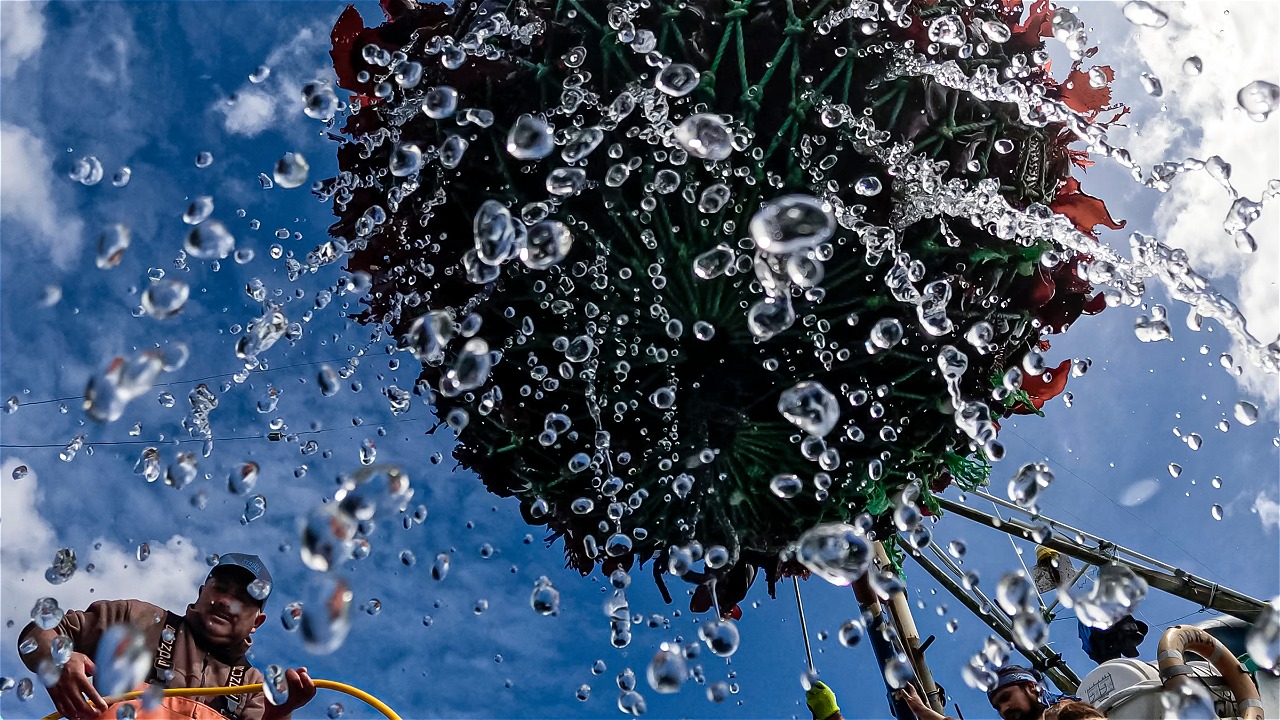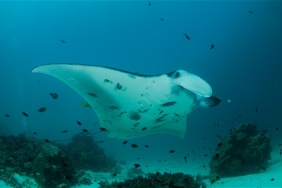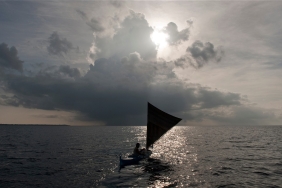TOWARDS ENVIRONMENTALLY FRIENDLY FISHERIES PRODUCTS IN BANGGAI LAUT REGENCY, CENTRAL SULAWESI
By Maskur Tamanyira
Many destructive fishing practices devastate marine environment and destroy fish habitat. To overcome this issue, WWF-Indonesia held a public consultation workshop on July 2013 aimed to suppress embargo threat on Indonesian fishery products by global market. Following the workshop, Directorate General of Fish Product Processing and Marketing (Dirjen P2HP), Ministry of Marine Affairs and Fisheries published a circular that prohibitedthesourcing, processing, and marketing of fishery products originated from destructive fishing practices (No:SE.2266/P2HP/HK.155/X/2013) on October 2013.
WWF-Indonesia through its capture fisheries program in cooperation with CV. Indotropic, local company in Luwuk with main commodity of reef fish, along with its trade chain, Sea Delight LLC (one of the Seafood Savers members) initiated the dissemination of circular to wider communities. The dissemination was conducted in Banggai Laut Regency, an area known by its reef fish commodity in Central Sulawesi.
The event was conducted at the hall of Banggai sub district on February 5, 2014. This activity engaged many stakeholders from reef fish sector such as Exim Bank (partner of CV. Indotropic), middlemen from all around Baggai (Banggai, Banggai islands, and Banggai Laut) supplying fish to CV. Indotropic, quarantine centers of Banggai, Banggai islands, and Banggai Laut, fishermen, local government (Fisheries Office of Banggai Laut and city council).
Banggai Laut regent, Mohammad Hidayat Lamakarate, appreciatedthe dissemination of circular since the practice of bomb fishing was still found in Banggai, andfishersalso harvested sea bamboo excessively. He hoped that the dissemination of circularcould phase out destructive fishing practices since fish products that were not originated from environmentally friendly fisheries were no longer sourced.
Sadarma Suhaim Saragih, Head of market development division, Dirjen P2HP explained the background of circular development and dissemination, and its role as one of the management tools in Indonesia. He said that the traceability of fish products was crucial starting from catch records. The documentation is required by both international and national regulations for every stakeholder, contained on Act No. 18/2010. Catch record is also part of data collection activities important for fisheries management.





